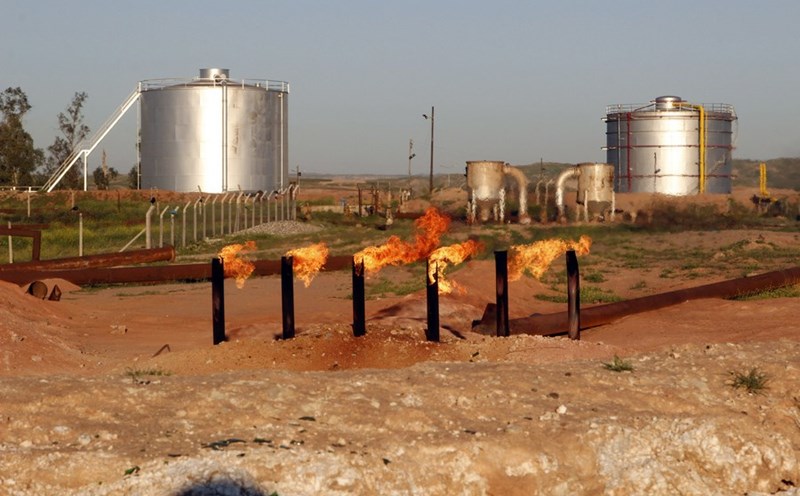While the European Union (EU) is rushing to complete the 18th package of sanctions against Russia, the US has not participated in the proposal to lower the Russian oil price ceiling - according to the EU's senior foreign policy representative Kaja Kallas.
Speaking to reporters in Brussels ( Belgian) on July 15, Ms. Kaja Kallas said: "Even if the US does not participate, if the remaining G7 countries agree, we will still do it."
The EU is also very close to a joint deal on a new package for three consecutive weeks, Kallas said, hoping to reach a consensus in the next 1-2 days.
One of the main contents of the 18th package of sanctions is the adjustment of the ceiling for Russian oil prices. The EU is discussing two options: Either lower the price cap from $60 to $45/barrel, or apply a flexible mechanism - setting the price cap always 15% lower than the global market price at that time.
However, the US's lack of consensus in participating has raised concerns among some EU members about the effectiveness and overall coordination between Western countries.
Previously, the US and the G7 countries coordinated to impose a price cap on Russian oil in December 2022, aiming to cut Moscow's financial revenue without disrupting global energy supply.
The ceiling of 60 USD/barrel will be applied from December 5, 2022, along with regulations prohibiting Western companies, especially shipping lines and insurance companies, from participating in transporting Russian oil if the selling price exceeds the ceiling.
In response to the EU's move, Russian Deputy Prime Minister Alexander Novak affirmed in June: "They can set the price ceiling at zero - that does not affect anything".
Russia believes that the price ceiling has not been effective in practice, while Western countries face a lack of supply chain control and loss of control in the global energy market.











